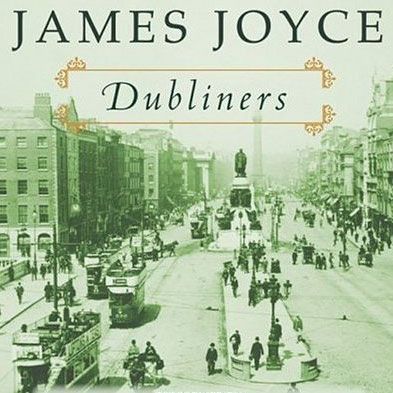 Dubliners by James Joyce (1916). Although many of these largely autobiographical stories evoke themes of death, illness, and stasis, nearly all offer their characters redemption—or at least momentary self-knowledge—through what Joyce called “epiphanies,” in which defeat or disappointment is transformed by a sudden, usually life-altering flash of awareness. The collection’s emotional centerpiece is its concluding tale, “The Dead,” which moves from a New Year’s Eve party where guests muse about issues of the day—the Catholic church, Irish nationalism, Freddie Malins’s worrying drunkenness—to a man’s discovery of his wife weeping over a boy who died for love of her. A profound portrait of identity and loneliness, it is Joyce’s most compassionate work.
Dubliners by James Joyce (1916). Although many of these largely autobiographical stories evoke themes of death, illness, and stasis, nearly all offer their characters redemption—or at least momentary self-knowledge—through what Joyce called “epiphanies,” in which defeat or disappointment is transformed by a sudden, usually life-altering flash of awareness. The collection’s emotional centerpiece is its concluding tale, “The Dead,” which moves from a New Year’s Eve party where guests muse about issues of the day—the Catholic church, Irish nationalism, Freddie Malins’s worrying drunkenness—to a man’s discovery of his wife weeping over a boy who died for love of her. A profound portrait of identity and loneliness, it is Joyce’s most compassionate work.
Total Points: 79 (JLB 9) (MCunn 4) (KJF 1) (PF 7) (DG 5) (MG 7) (HK 7) (DMcF 1) (DMe 4) (LM 9) (RBP 4) (JS 5) (LS 10) (MW 6)